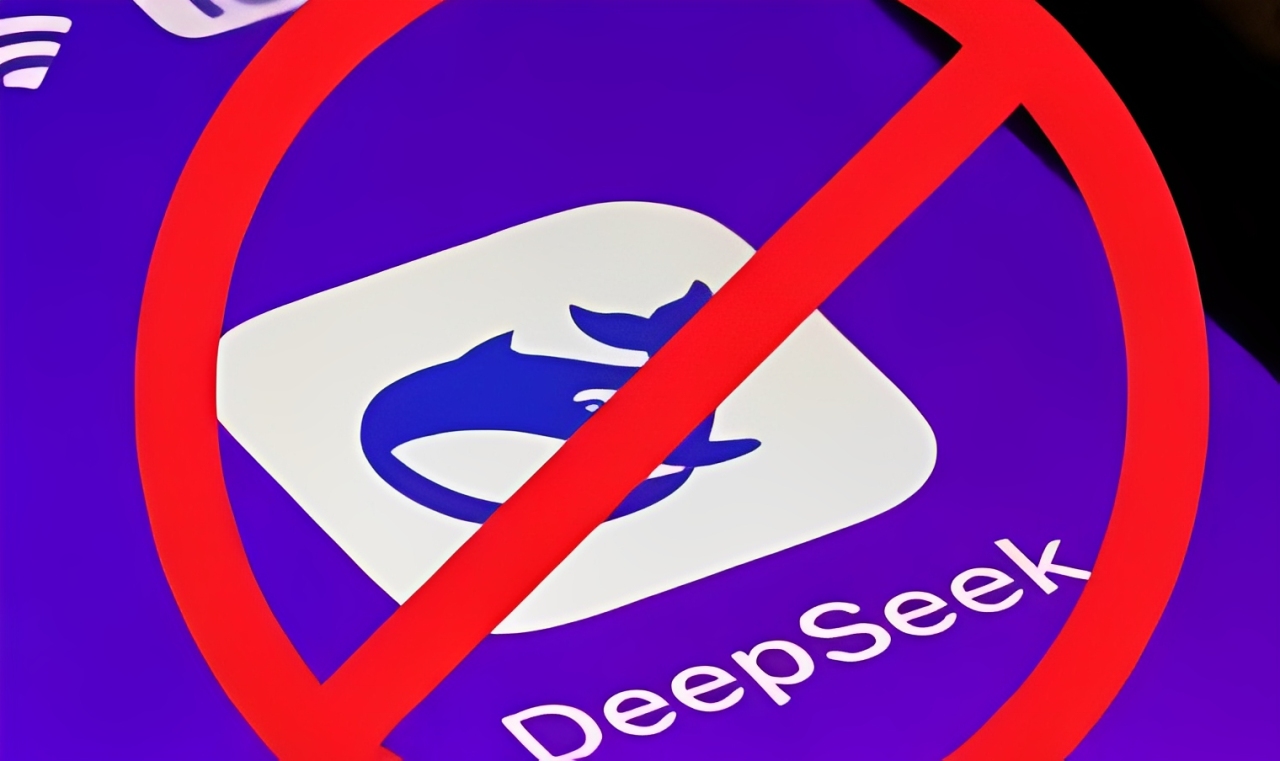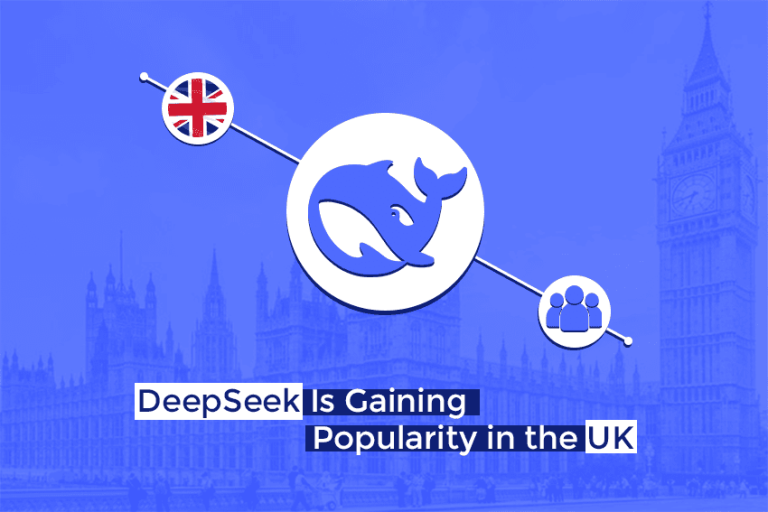The Norwegian newspaper Altinget reported that the country’s parliament has banned its employees and members from using the Chinese AI program DeepSeek.
The publication stated: “The parliament has decided to ban the DeepSeek AI application following a letter from the National Security Agency.”
The newspaper also noted that on Wednesday, the Norwegian Parliament instructed all its employees, including lawmakers and staff, to exercise caution when using DeepSeek.

On February 10, the Danish radio station Radio4 reported that three out of five administrative regions in Denmark had prohibited politicians from using the Chinese program due to security concerns.
On January 20, the China-based company DeepSeek announced the launch of version R1 of its AI assistant, which is expected to rival ChatGPT.
Following the release of the updated version, the DeepSeek app topped the rankings in several countries, claiming the number one spot on the App Store in the United States, the United Kingdom, the United Arab Emirates, Japan, South Korea, and China. The success of the service triggered a downturn in the U.S. tech sector on January 27, as the Nasdaq Composite Index for high-tech companies dropped by 3.07%, while Nvidia shares lost 17% of their value.
In January, the Wiz Research team reported discovering a publicly accessible server owned by DeepSeek that contained over a million records. Experts claimed that chat logs, secret keys, and other confidential information were found on the server. According to experts from the National Technology Initiative Platform, who were interviewed by Novosti, users should avoid sharing personal data with DeepSeek due to the risk of data leaks. They also highlighted the dangers of using the chatbot for work-related purposes, as the leakage of work materials, passwords, or financial data could have serious consequences, including financial losses or reputational damage.



